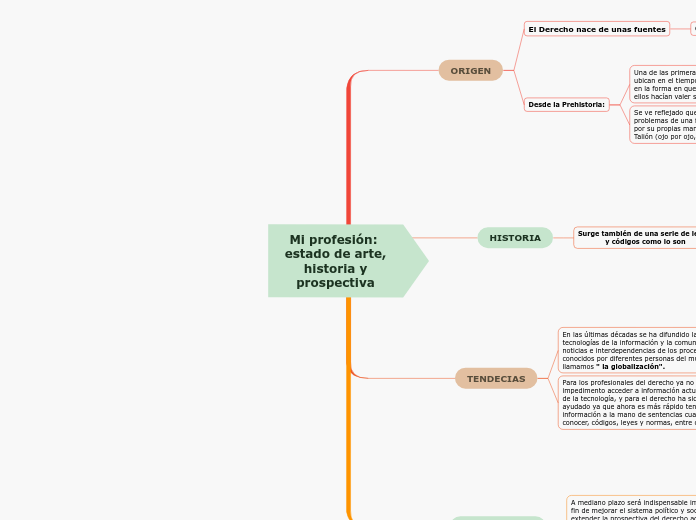によって Geraldine Maestre Garcia 5年前.
401
Mi profesión: estado de arte, historia y prospectiva

によって Geraldine Maestre Garcia 5年前.
401

もっと見る

To name your story, you have to think about the overall message and what you want your audience to understand from the story. Also, make it relevant and easy to remember.
The ending of a story is essential. We all know that if the ending is weak, what happened before loses its importance. So make it unpredictable, but fair. A resolved ending answers all the questions and ties up any loose threads from the plot.
This is the closure section of the story.
See examples of possible outcomes below:
This is the moment when the main character surpasses the last obstacle and finally faces their greatest challenge.
The climax usually follows one of these patterns:
Type in your answer.
The middle of the story is where you add layers of complications that will lead to the end. Reveal more about the character's journey. Did their personality go through changes? How did they overcome the challenges? And as you build up the story’s central conflict, make it more personal to that character. Also, from the middle act, you have to lead into the final act.
There wouldn't be any tension and excitement in your story if there weren't any obstacles in your character's way.
Se escribió en sanscrito para los vedas de la india, por un supuesto hijo Brahma, llamado manu, fue redactado en 1000 dísticos, de los cuales se conservan 2685 que tratan a)Ordenamiento religioso b)Disciplina y deberes del rey c)De derecho procesal
Estableció las primeras normas tendientes a evitar que cada uno aplicara la justicia por su propia mano pues sin ley escritas que los jueces hubieran de aplicar obligatoriamente , era fácil que cada uno actuase a su conveniencia.
A story is nothing more than a character overcoming a series of difficulties to reach the desired goal. Obstacles usually create suspense and conflict. In overcoming obstacles, there is growth: weak becomes strong; hatred turns into love; sadness into happiness; wrong into right; lies into truth; or evil becomes good.
See a few examples below:
Se refiere a la ley del antiguo pueblo de Israel en la biblia hebrea, en hebreo se llama la tora, un título que también se refiere a los primeros 5 libros de la biblia hebrea entres estos la Yahvista, helonista,Deuteronomica y Presbiteral.
In the beginning of the story (or the exposition), you will need to introduce the setting and characters. You might also want to introduce the main conflict. This part of the story is important because it gives the reader necessary background information and maybe even a first insight into a character’s personality.
The setting (time & place) of a story can change throughout the plot.
Sensory details include sight, sound, touch, smell, and taste. These details are important because they create depth in your setting.
See a few examples below:
Your story can take place wherever your imagination will take you to.
For example: in an elevator, in an enchanted forest, etc. Don't forget to give details of the environment each time the setting changes, otherwise, the story can be confusing. Also, mention the seasons as each of them has unique weather and events.
Characters are essential to a good story. Usually, the protagonist(s) is/are the most affected by the plot. Introduce a character by focusing on their actions, interests, and occupation, as the physical appearance doesn't make a difference in most cases.
Type in the name of your character.
La Jurisprudencia
Add other qualities/attributes of the character.
Los Principios Generales
What is your character's main goal?
La Costumbre
Which traits best describe the character's personality? Choose more if necessary:
La Ley
Choose the type of your chacter: